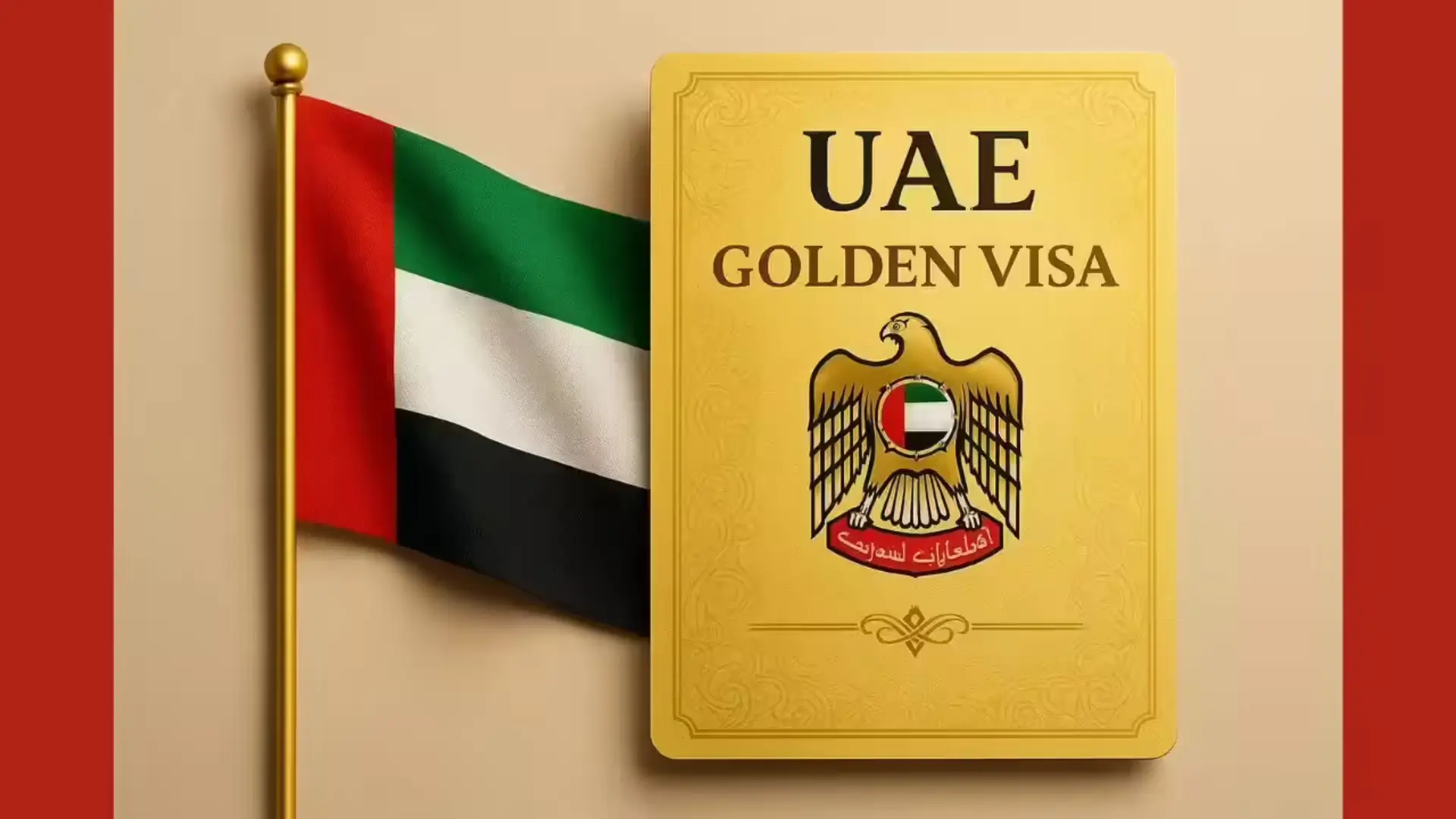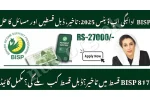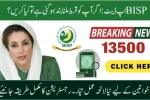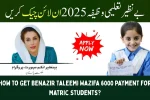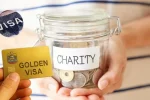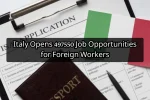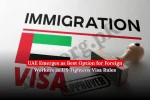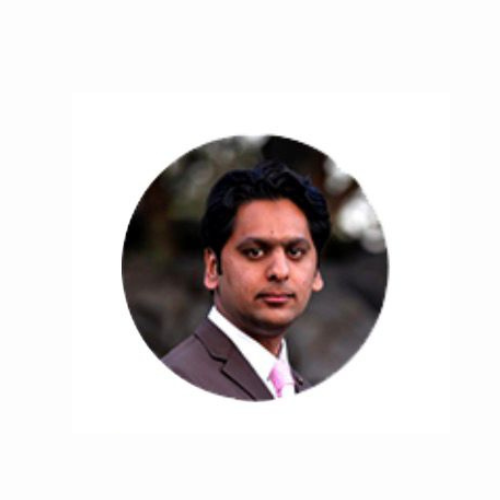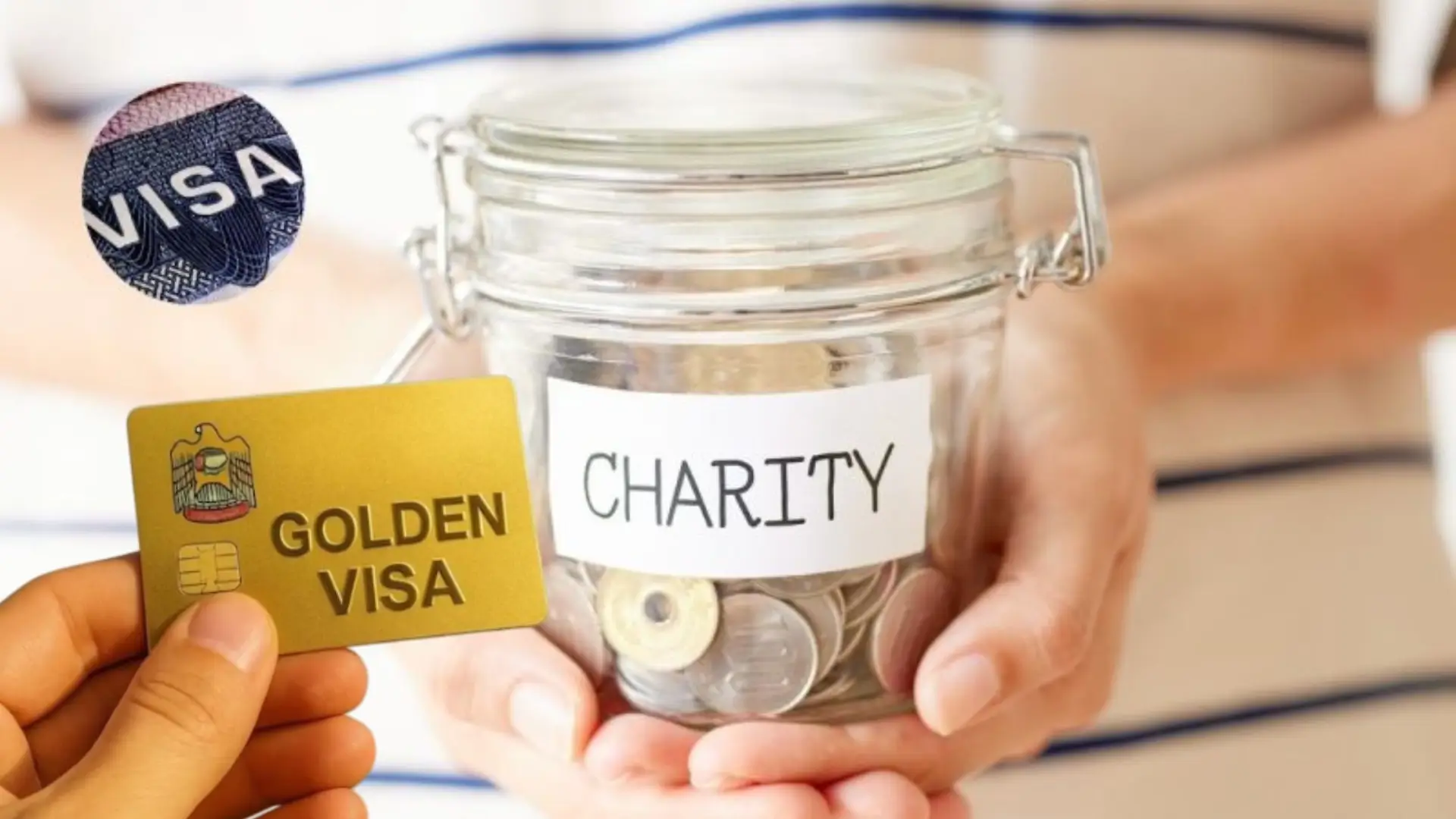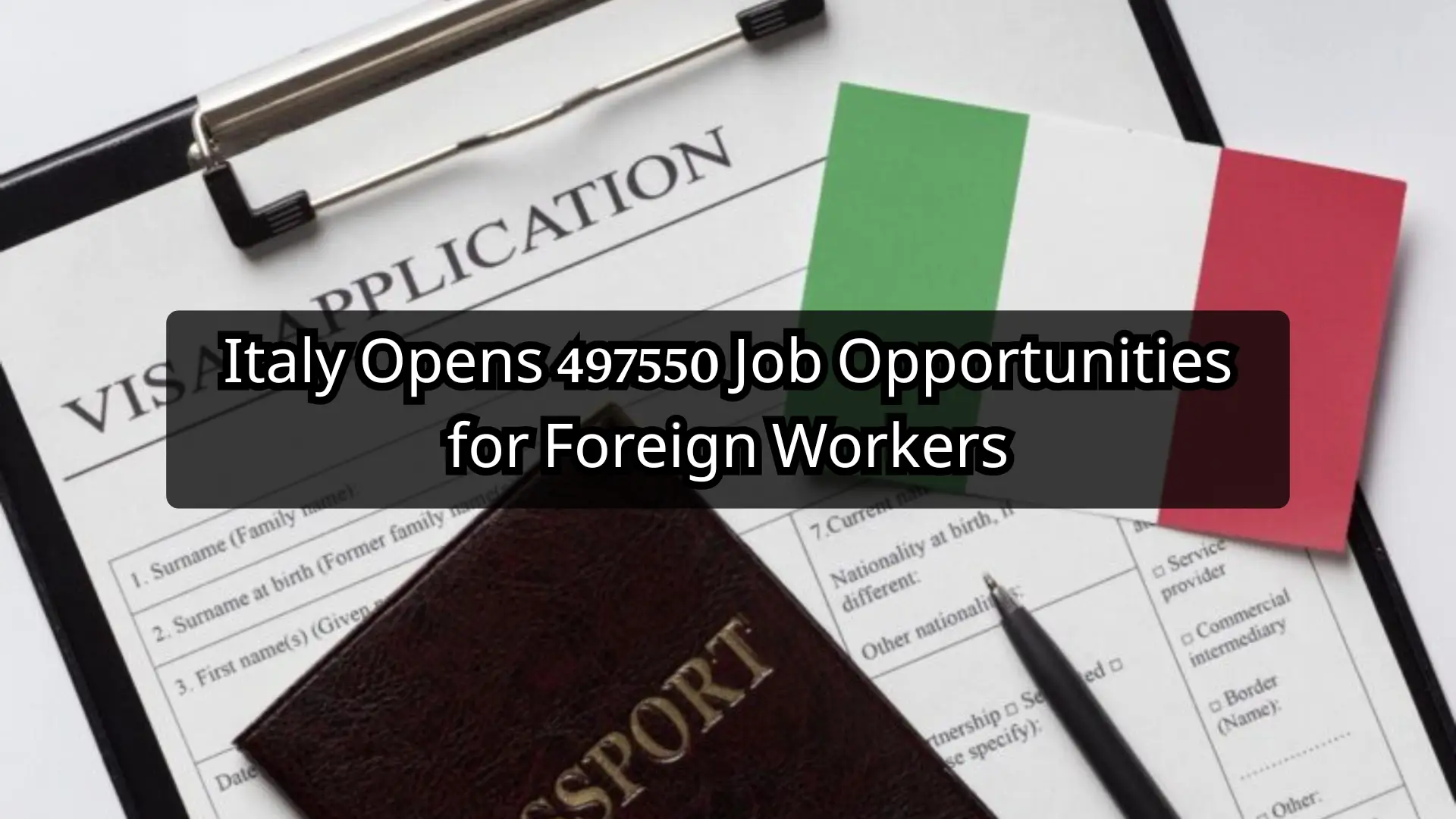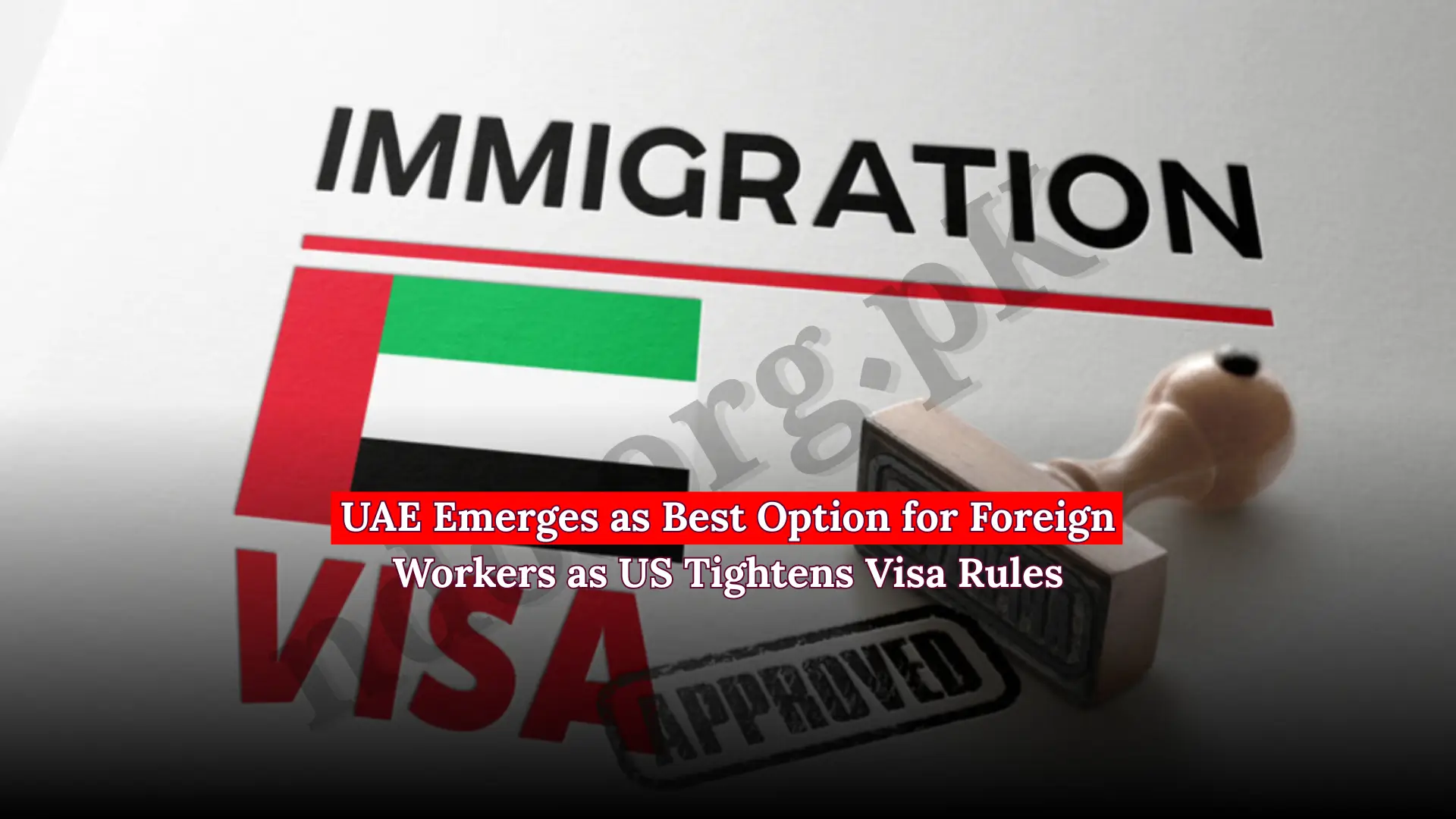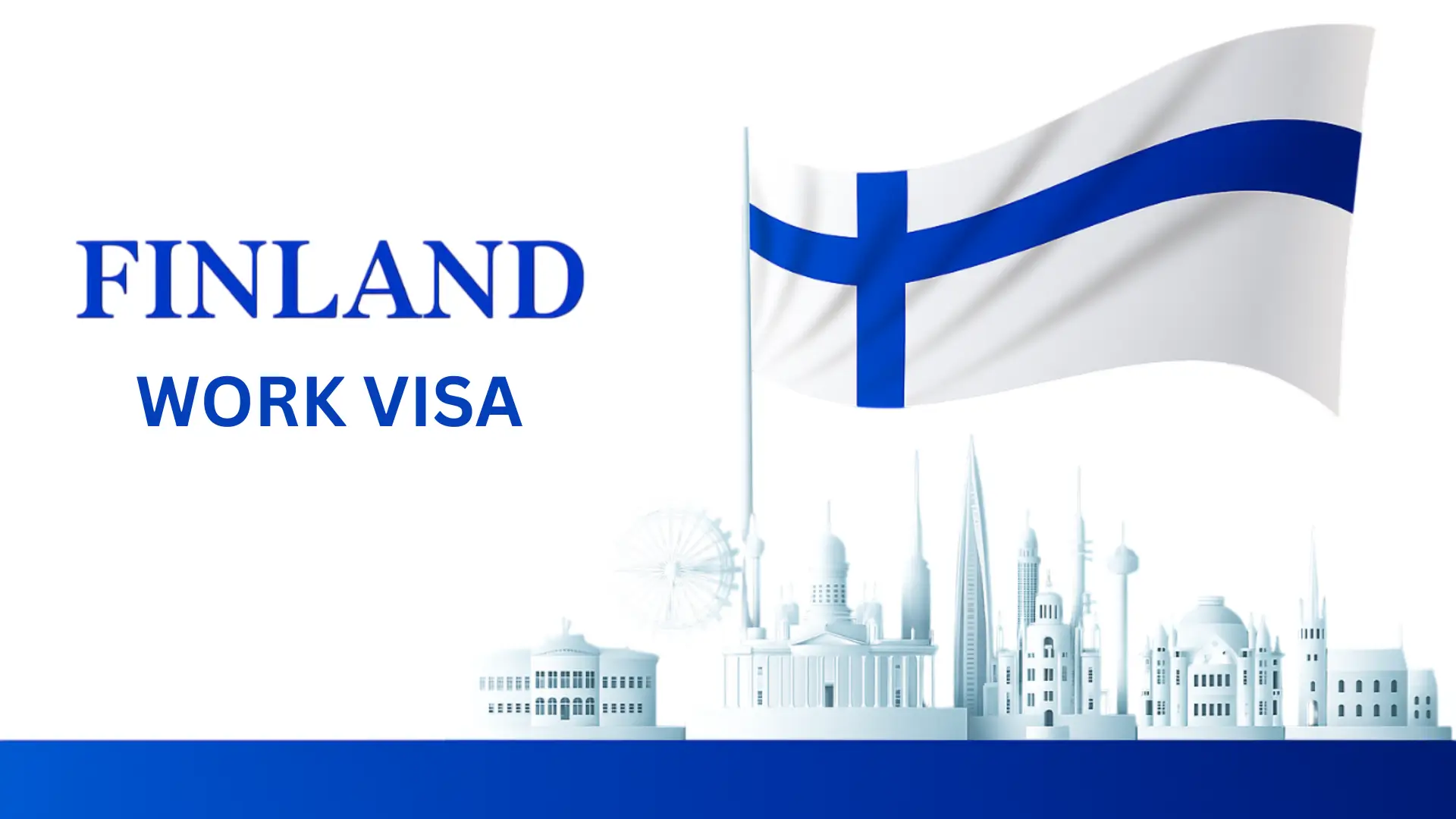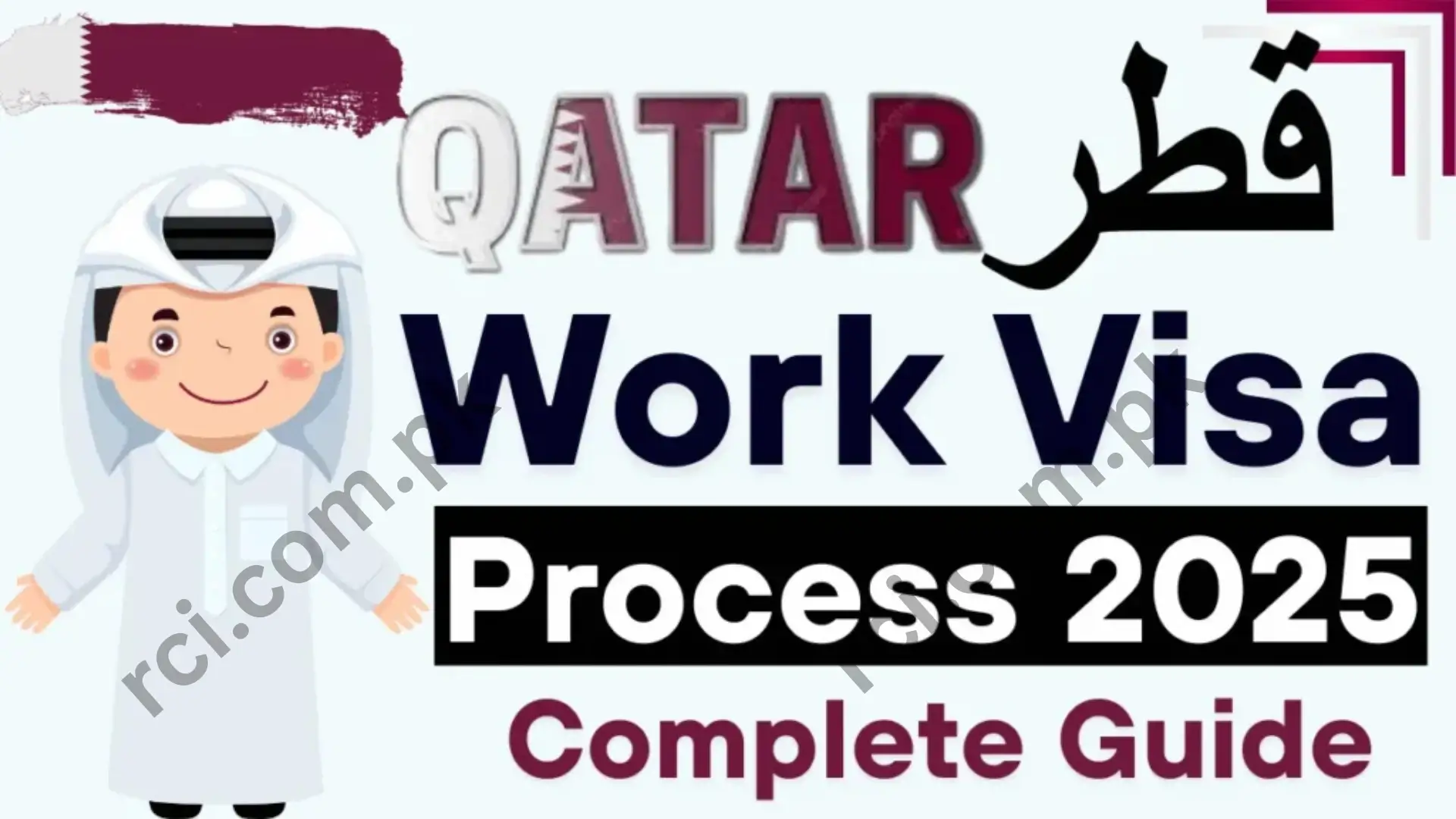UAE Introduces a New Golden Visa Category for Waqf Donors. In a bold move that combines philanthropic principle with immigration policy, the United Arab Emirates (UAE) has introduced a new category in its Golden Visa programme specifically for donors to Islamic endowments ( waqf ). This initiative, announced during the GITEX GLOBAL 2025 tech-and-innovation event in Dubai, grants a 10-year renewable residency visa to eligible donors under the category of “Financial Supporters of Humanitarian Work”.
What is Waqf?
The term waqf (also spelled wakf) refers to a charitable endowment under Islamic law: it is an asset (land, buildings, cash, or other valuables) donated with the stipulation that the principal cannot be sold or inherited, and its revenue is directed for public benefit (education, healthcare, religious purposes, community welfare).
In the UAE context:
- The Endowments and Minors Affairs Foundation (Awqaf Dubai) oversees waqf-endowments in the emirate of Dubai, ensuring Sharia-compliance, transparency and strategic deployment of funds.
- The new Golden Visa category allows persons who contribute to approved waqf or humanitarian projects to be nominated and receive a 10-year residency under the “financial supporters of humanitarian work” category.
In short: The UAE is effectively recognising high-impact charitable giving (via waqf) as a valid path to long-term residency.
Key eligibility criteria & application process
According to the announcements, the following are among the main eligibility requirements for this new visa category:
- A minimum donation to a certified waqf or humanitarian project (reportedly AED 2 million or equivalent) for foreigners wishing to apply under the humanitarian work/donor category.
- The applicant must hold at least a university degree.
- Nomination must be made by Awqaf Dubai (or an authorised humanitarian-institution) to the General Directorate of Residency and Foreigners Affairs – Dubai (GDRFA‑Dubai), which then issues the visa.
- Applicants must provide proof of donation, identity documentation, and other supporting paperwork. Emirates ID Status
Application steps (as outlined):
- Make a qualifying waqf-donation to an approved project under Awqaf Dubai.
- Receive nomination by Awqaf Dubai under the “financial supporters of humanitarian work” category.
- Submit the visa application through GDRFA’s Smart Services portal (or at Amer centres) with required documents.
- Await review by the joint committee (GDRFA-Awqaf) and upon approval receive the 10-year Golden Visa.
Benefits:
- 10-year renewable residency without a local sponsor.
- Freedom to live, work and study anywhere in the UAE.
- Ability to sponsor spouse, children, and parents.
- Flexibility to stay outside the UAE for extended periods without automatic cancellation (unlike some other visa types).
Why is the UAE doing this? Strategic and humanitarian implications
This policy isn’t only about residency permits — it underscores several broader goals for the UAE:
- Positioning the UAE, and specifically Dubai, as a global hub of philanthropy
By recognising waqf donors and humanitarian backers, the UAE signals it wants to attract not just capital or talent — but “social capital” too. As one official put it, the collaboration “represents a pioneering model of government integration that empowers endowers to play a vital role in community development”. - Aligning with Islamic charitable values while blending them with global investment/residency incentives
The waqf tradition is deeply rooted in Islamic social welfare values; combining this with the Golden Visa scheme builds a bridge between heritage and modern migration/investment frameworks. - Diversifying and deepening the Golden Visa ecosystem
The UAE’s Golden Visa originally targeted investors, entrepreneurs, high-talent professionals. This new category extends the scheme to philanthropic actors. According to the resolution (Cabinet Resolution No. 65 of 2022), “financial supporters of humanitarian work” are explicitly included. - Encouraging long-term humanitarian impact and social sustainability
By channeling donations into waqf and tying it to residency privileges, the UAE incentivises more structured, monitored, high-impact giving rather than episodic charity. This helps build institutionalised social infrastructure. - Enhancing global appeal of the UAE for affluent individuals seeking stable long-term residency
For donors who align with humanitarian causes, the visa offers both status and practical benefits — making the UAE more attractive for global philanthropic travellers.
Things to keep in mind / Potential drawbacks
While the new visa offers appealing benefits, applicants and observers should consider some caveats:
- Minimum donation threshold: The AED 2 million minimum (or equivalent) is substantial and means this option is targeted at well-resourced donors, not small-scale philanthropists.
- Nomination process and approval: The applicant must be nominated by Awqaf Dubai or authorised humanitarian institution — so eligibility is not entirely self-service, but subject to institutional validation.
- Committed use of funds: As waqf donations are intended for public benefit and under governance frameworks, the donor’s contribution must align with approved projects and compliance.
- Residency does not equal citizenship: The Golden Visa grants long-term residency, but not UAE citizenship. Applicants should be aware of this distinction.
- Costs beyond donation: While the donation is a major requirement, other costs (insurance, health cover, documentation, travelling) still apply, as with other visa categories. For instance, the Golden Visa resolution requires applicants to support themselves and have valid health insurance.
- Long-term commitment: The value of the visa depends on continuing to fulfil residency/insurance/support requirements over time.
Implications for donors, the UAE, and international philanthropy
For donors:
This offers a compelling new pathway — siting philanthropy at the intersection of charitable giving and long-term residency. Donors who align with waqf-type projects, and who seek the flexibility, stability, and status of a 10-year UAE residency, now have a recognised channel. It may appeal to high-net-worth individuals who wish to engage in humanitarian causes and also secure a global base.
For the UAE:
The initiative signals a maturation of the Golden Visa programme: moving beyond purely economic incentives into the “social value” realm. It can bolster the UAE’s reputation for innovation in immigration policy, humanitarian giving, and global philanthropy. It may also drive increased flows of charitable capital and social investment into the UAE ecosystem.
For the global philanthropy field:
By linking endowment (waqf) giving with residency privileges, the UAE is creating a novel model of philanthropic incentives. Other countries or regions may observe and possibly emulate similar frameworks — tying long-term migration status with structured giving or social-impact contributions. It raises broader questions about how migration, philanthropy, and social development can interlink.
Conclusion
The UAE launch of a 10-year renewable Golden Visa category for donors to waqf endowments reflects a strategic blend of humanitarian values, social development goals and immigration incentives. For eligible high-impact philanthropists, it opens a new avenue: give to charity, gain long-term residency. For the UAE, it reinforces its ambition to be not just a global business and innovation hub, but also a global leader in sustainable philanthropy and inclusive growth.

